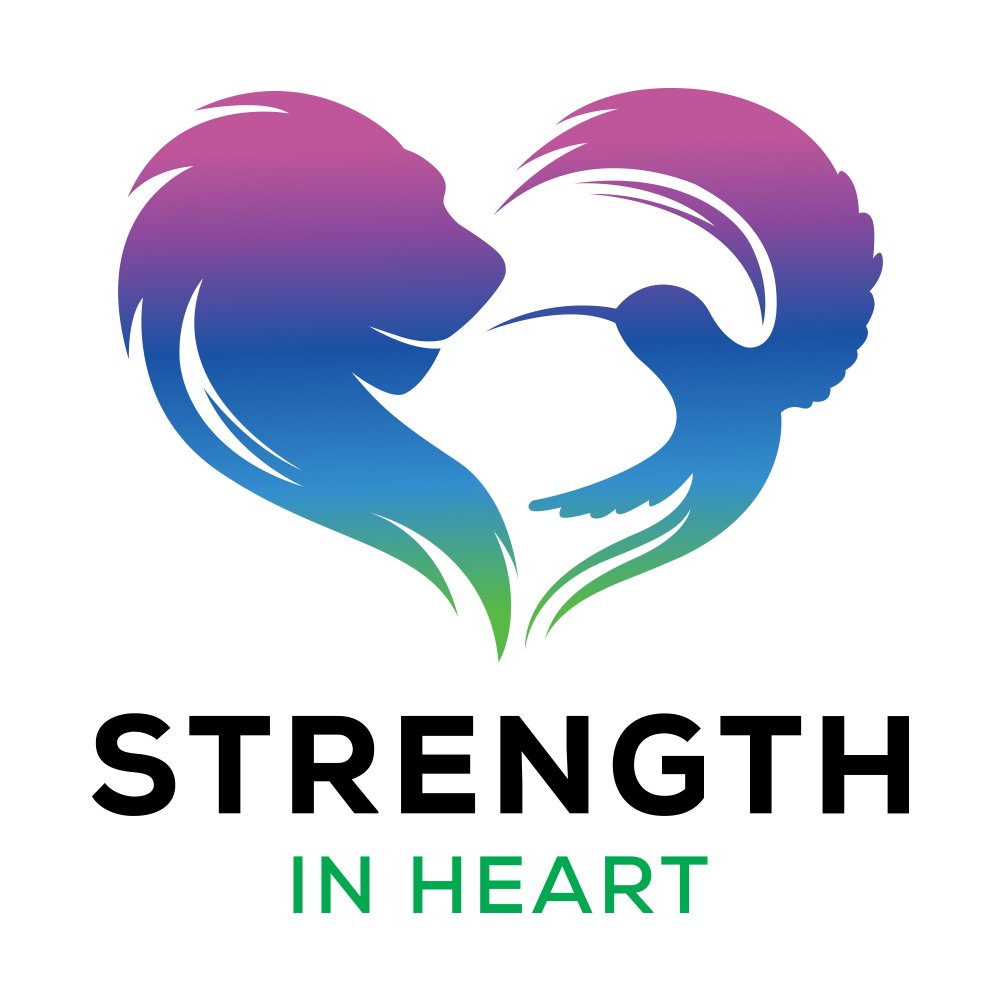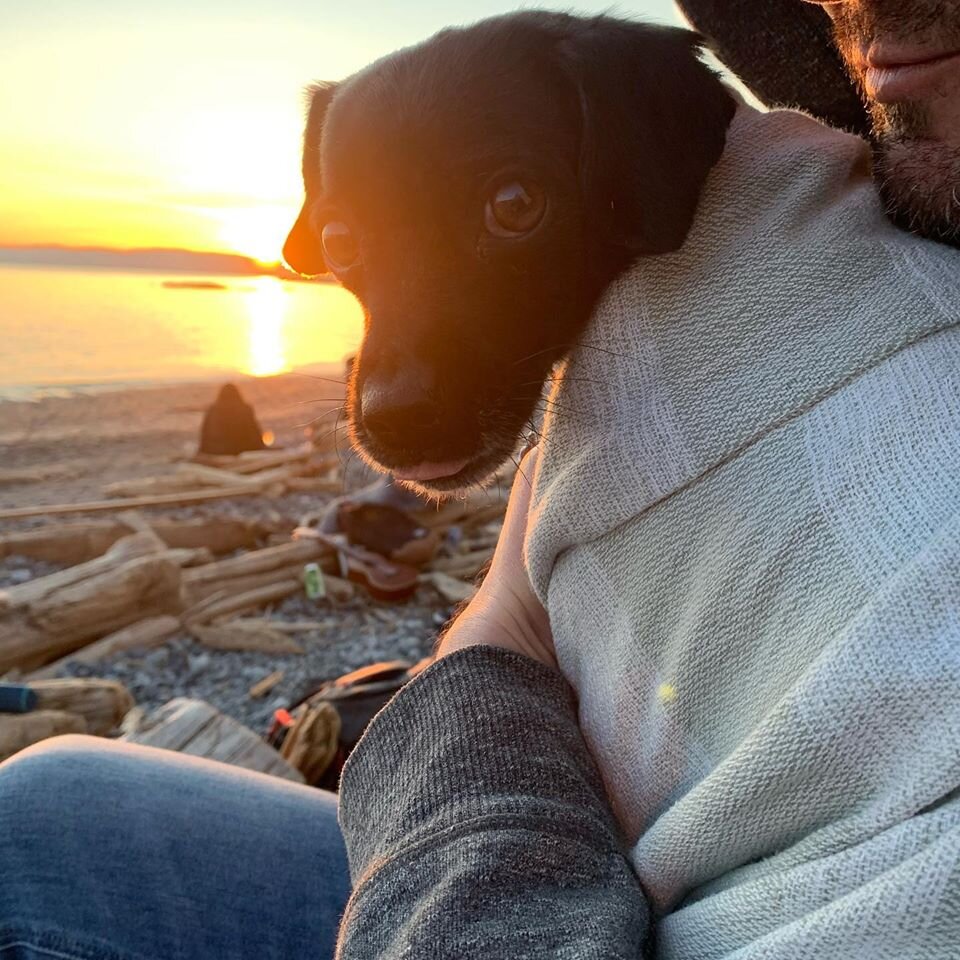Today is World Suicide Prevention Day hosted by the International Association for Suicide Prevention (IASP) in collaboration with the World Health Organization (WHO) and the World Federation for Mental Health (WFMH). According to the Canadian Association for Suicide Prevention, someone, somewhere in the world dies by suicide every 40 seconds which accounts for more loss of life globally than war, acts of terrorism and homicide combined. To add to that, worldwide suicide rates have increased by 60% in the past 45 years. These sobering statistics demonstrate the dire need for ramped up worldwide suicide prevention efforts!
Research into the predictors of suicide has found that risk factors vary around the world and that suicide is a complex issue with many psychological, social, biological, cultural and environmental factors at play. In the past I worked in psychiatric research where we studied the relationship between mood disorders (depression, anxiety, bipolar disorder) and suicide. We found that suicidal thoughts were predicted by mood instability (2015) which has since been further researched and supported. Interesting work, but I have to admit that I don't focus on the scientific, statistical research findings about suicide much anymore.
Over the years my personal and professional experiences with people affected by suicide have led me to a different view. What I understand now is that disconnection from ourselves, others and the environment is increasing which leads to feelings of isolation and hopelessness related to suicide.
What is the answer? Re-connection! To thrive and live fulfilled lives more people need to start connecting and loving themselves, others and the earth. We can bring those sobering global suicide numbers down, one hug, one vulnerable conversation, one relationship at a time. Turn off the screens, spend time in nature, breathe with each other, sweat with each other, cry with each other, love with each other. Take time to authentically connect – share your fears, your hopes, your joys, your sorrows - show each other that it’s OK to be vulnerable.
Someone, somewhere in the world dies by suicide every 40 seconds. There is no time to waste – we need to start re-connecting now.
If you or someone you know needs immediate suicide support please contact one of the following resources. If you think someone’s life is in immediate danger, call 911.
British Columbia:
Need2 Suicide Prevention & Support
Crisis Centre BC 1-800-SUICIDE (1-800-784-2433)
Canada:
Crisis Services Canada
References
Bowen, R., Balbuena, L., Peters, E., Leuschen-Mewis, C. & Baetz, M. (2015). The relationship between mood instability and suicidal thoughts. Archives of Suicide Research, 19, 161-71.
Bowen, R., Balbuena, L., Leuschen, C. & Baetz, M. (2012). Mood instability is the distinctive feature of neuroticism. Results from the British HALS. Personality and Individual Differences, 53, 896-900.
Bowen, R., Baetz, M., Leuschen, C. & Kalynchuk, L. (2011). Predictors of suicidal thoughts: Mood instability versus neuroticism. Personality and Individual Differences, 51, 1034-1038.

































